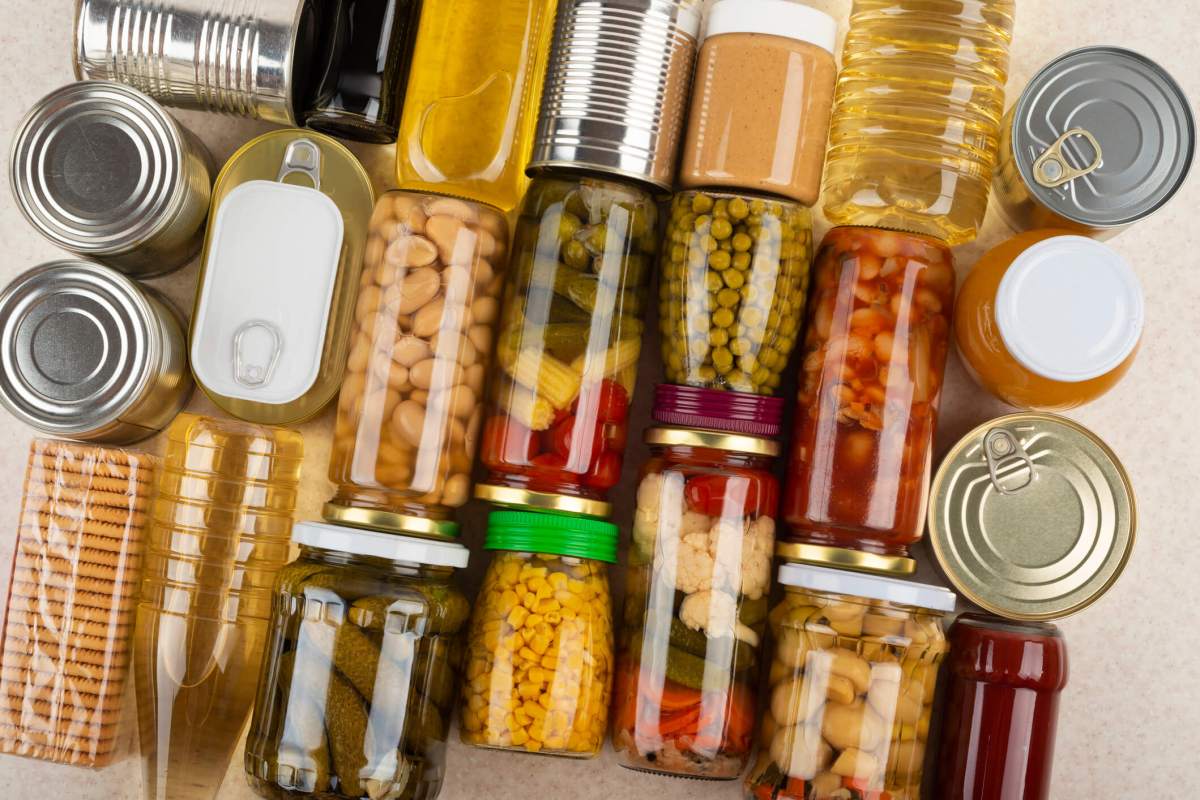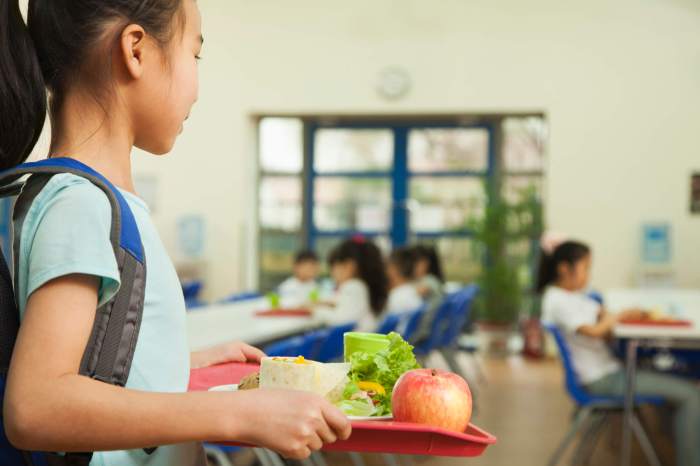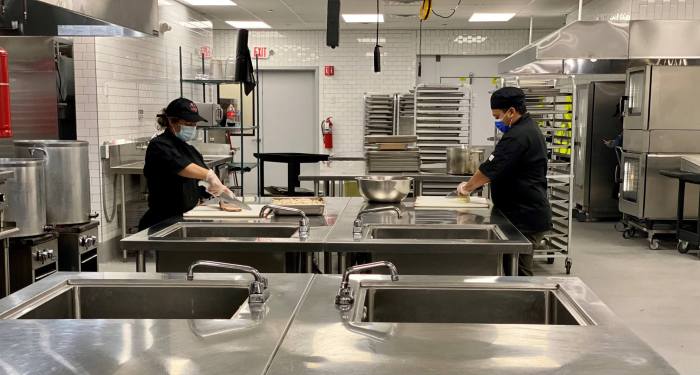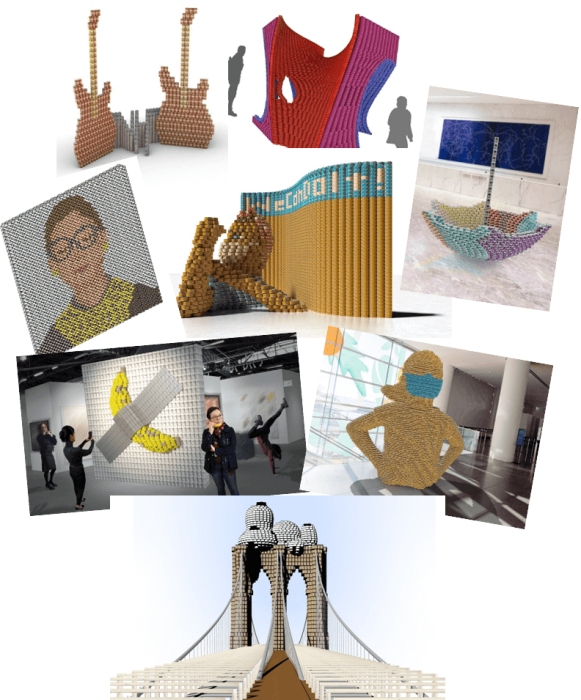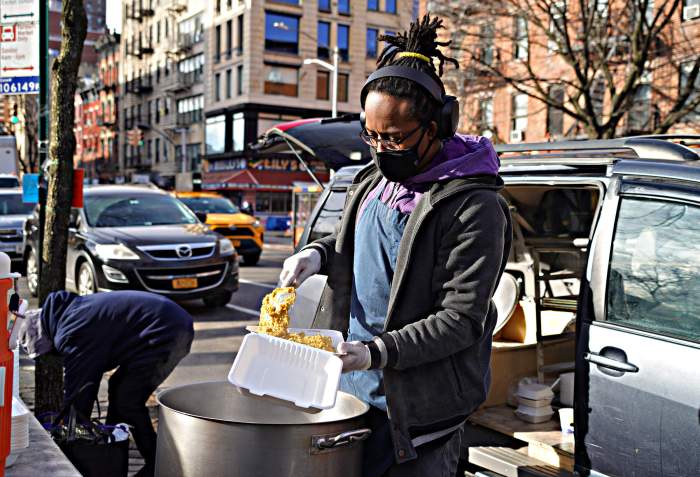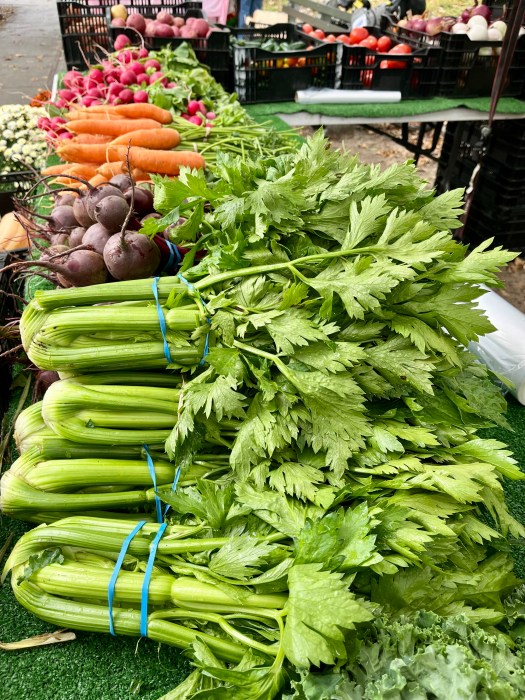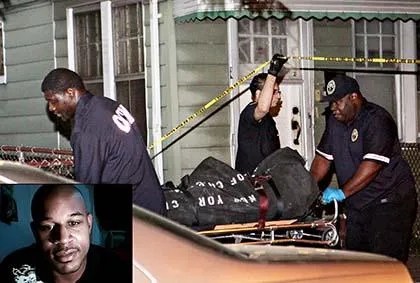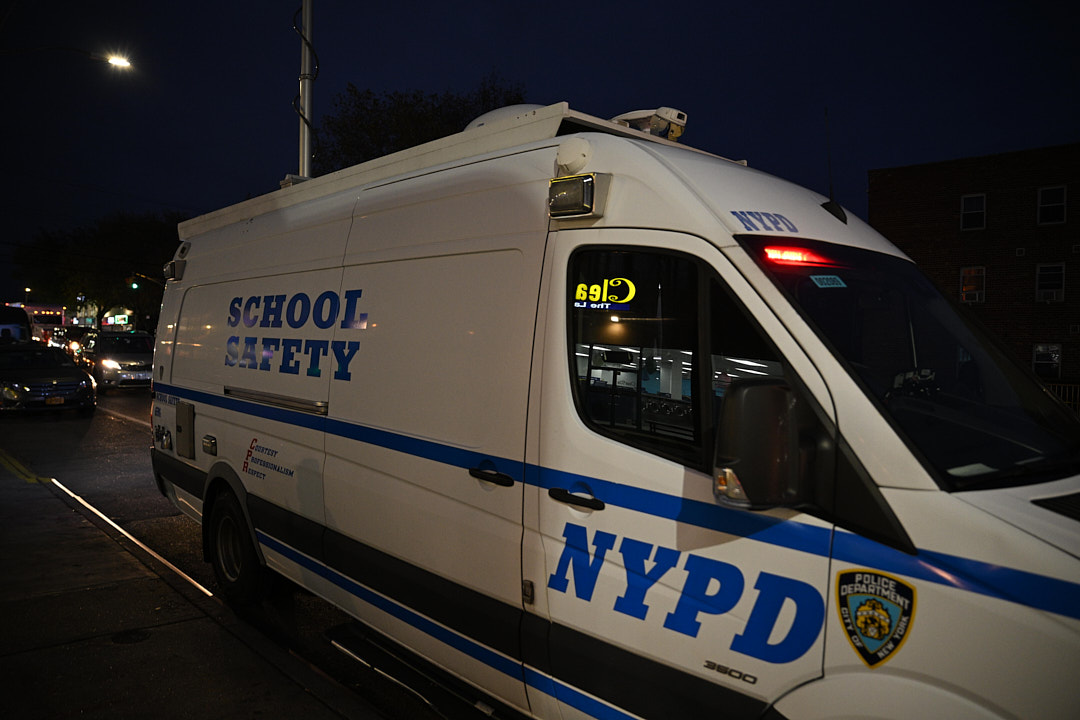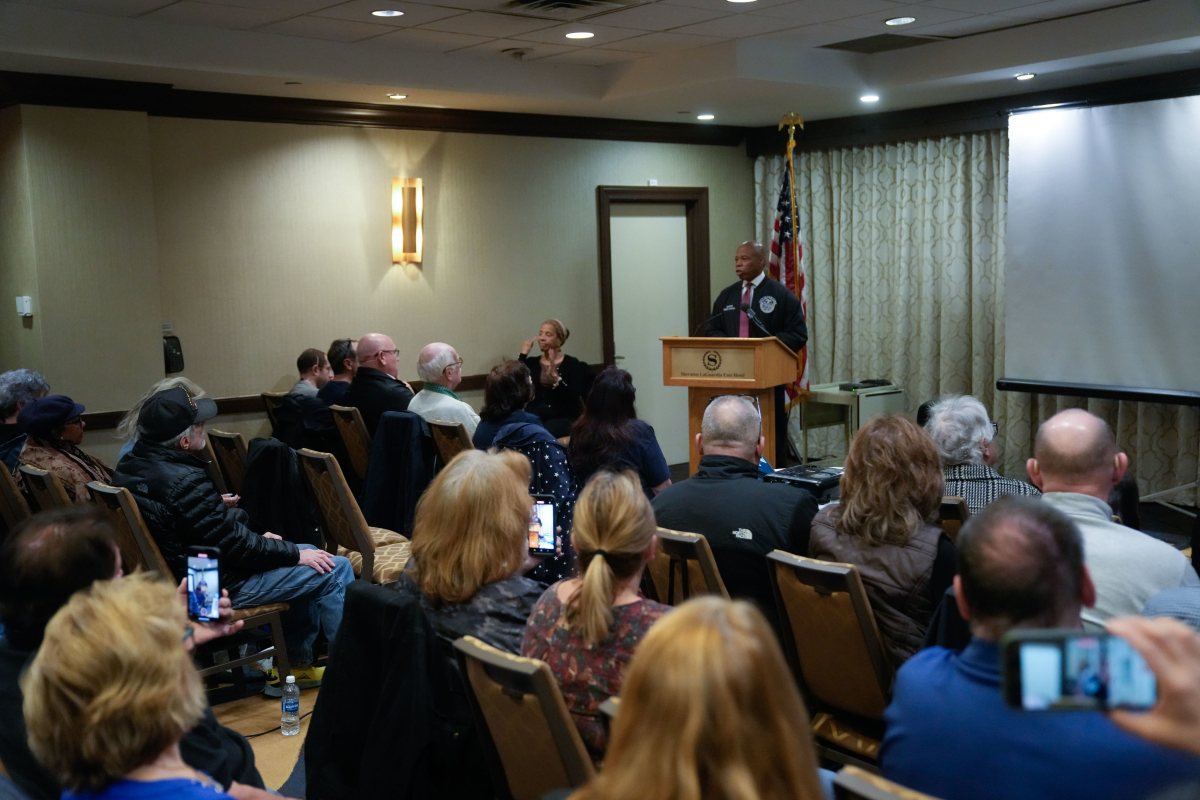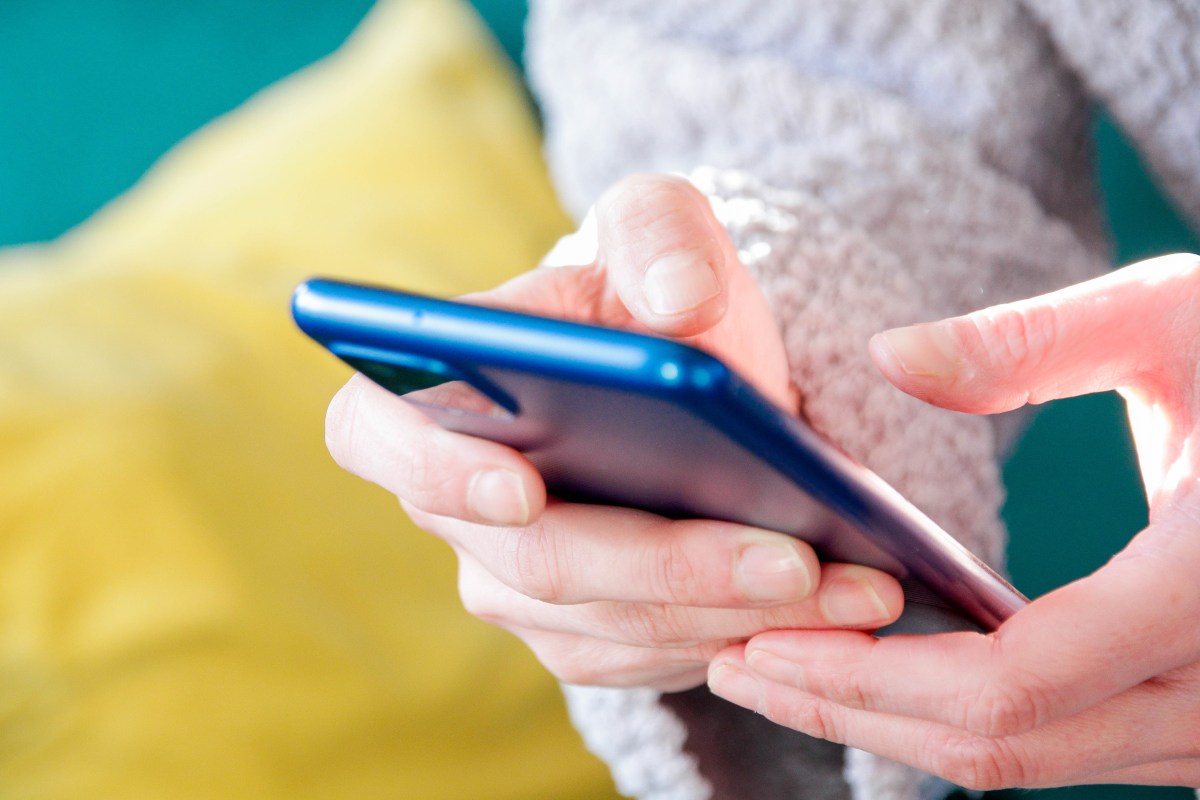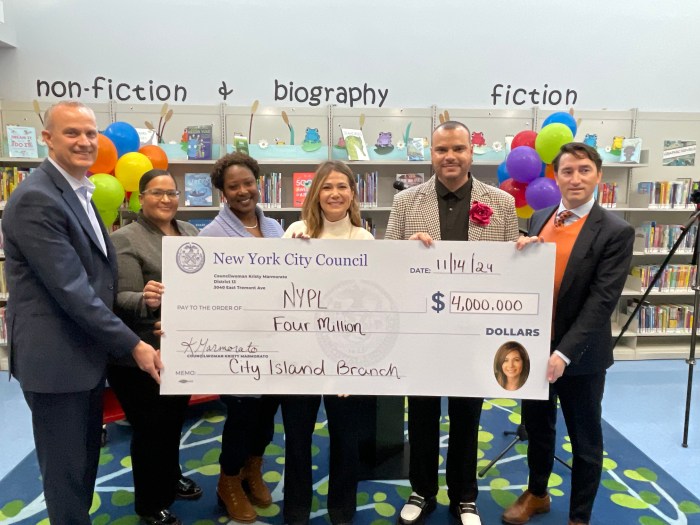As families gather this holiday season, rising costs will make it hard for many to put food on the table. Food prices have increased by 10.9% over the last year. In this economic landscape, New Yorkers should not have to choose between having enough to eat and meeting their other needs, like accessing health care.
I can relate to the stress of food insecurity; I struggled for years to be able to afford rent and buy enough food to last each week, and so obtaining nutritious food was often difficult. I’ve been living with HIV for almost three decades, and at times, trying to stay healthy has been hard.
When you worry about having enough to eat, keeping on top of medications and doctor appointments is challenging. I am not alone in this, either—a NYHealth Foundation survey found that New Yorkers experiencing food insecurity are twice as likely to report unsatisfactory health.
Thankfully, I connected with the nonprofit Alliance for Positive Change, which provides low-income New Yorkers living with HIV/AIDS and other chronic conditions access to quality health care, housing, harm reduction, and job training.
Cooking in my single-room apartment is difficult, so Alliance’s food pantry and daily meals at its community center have helped me overcome this obstacle. I also have learned how to make simple, healthy meals from the organization’s nutrition classes.
Over the years, such reliable access to food has helped me make positive changes in other parts of my life. I am now part of the Alliance’s poetry group, where I can translate my thoughts and experiences into creative writing. This has helped me to express my creativity and connect with others who have faced similar struggles, and as a result, I feel more connected and optimistic.
I also recently graduated from Alliance’s peer training program, a workforce training initiative that prepares people with lived experience to support others to get medical care, reduce harm, and navigate the health and social service systems. I was so proud to graduate—I love mentoring younger people in the community and helping others to make changes in their lives. I don’t think completing the program would have been possible without having access to reliable food and nutrition resources.
I feel fortunate to have made it this far but recognize so many others might not know where to even start so they can follow a similar path. As prices continue to rise this holiday season, the City should invest in nonprofits that address food insecurity to ensure that no one has to choose between having enough to eat, retaining stable housing, and securing access to lifesaving medication.
I also hope that New Yorkers will open their hearts to support their neighbors and friends who may be struggling, too. Whether donating items to a food pantry or volunteering time at a soup kitchen, everyone can make a positive difference.
Charles Waters is a peer with Alliance for Positive Change who lives in the Bronx.



